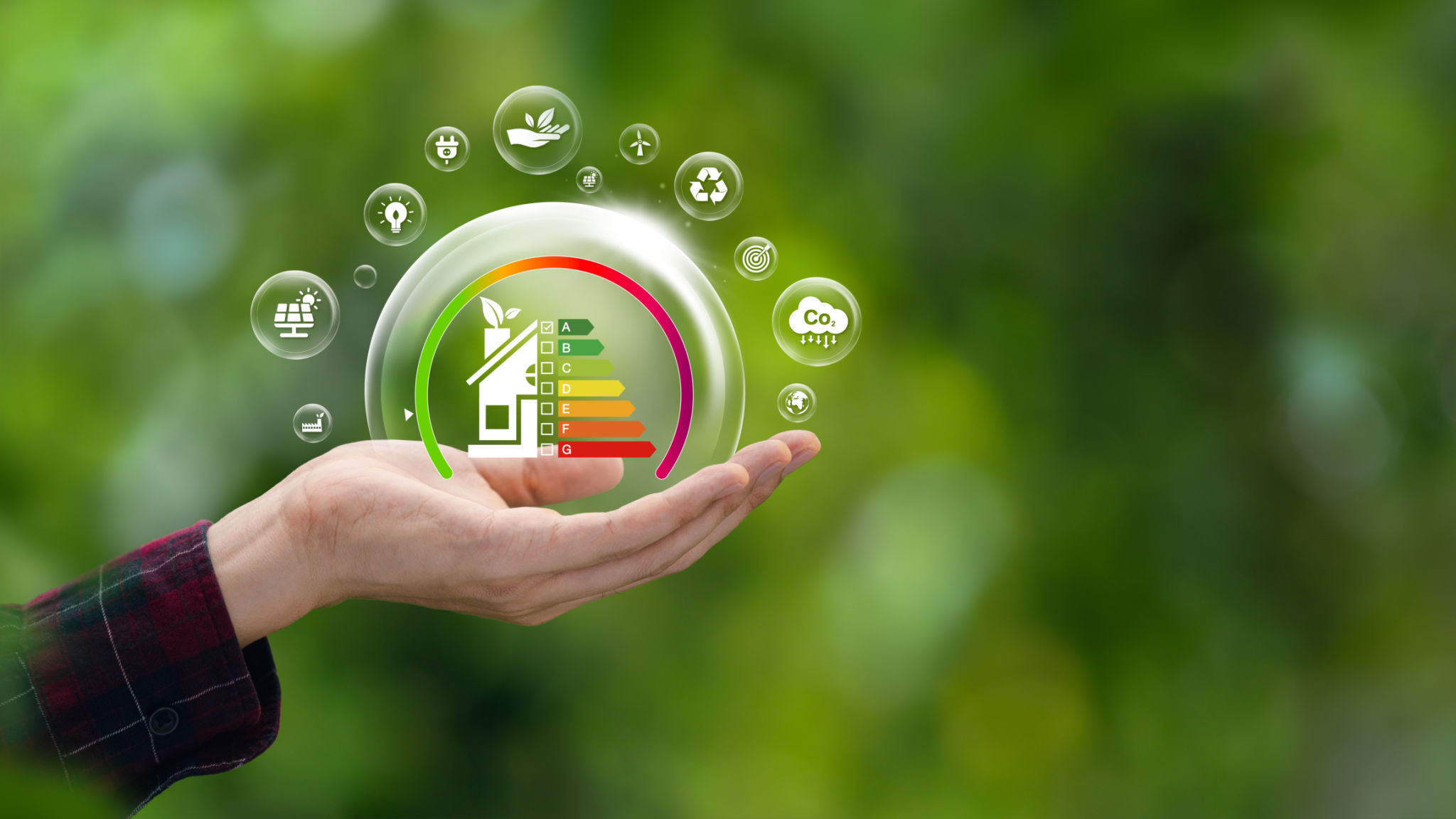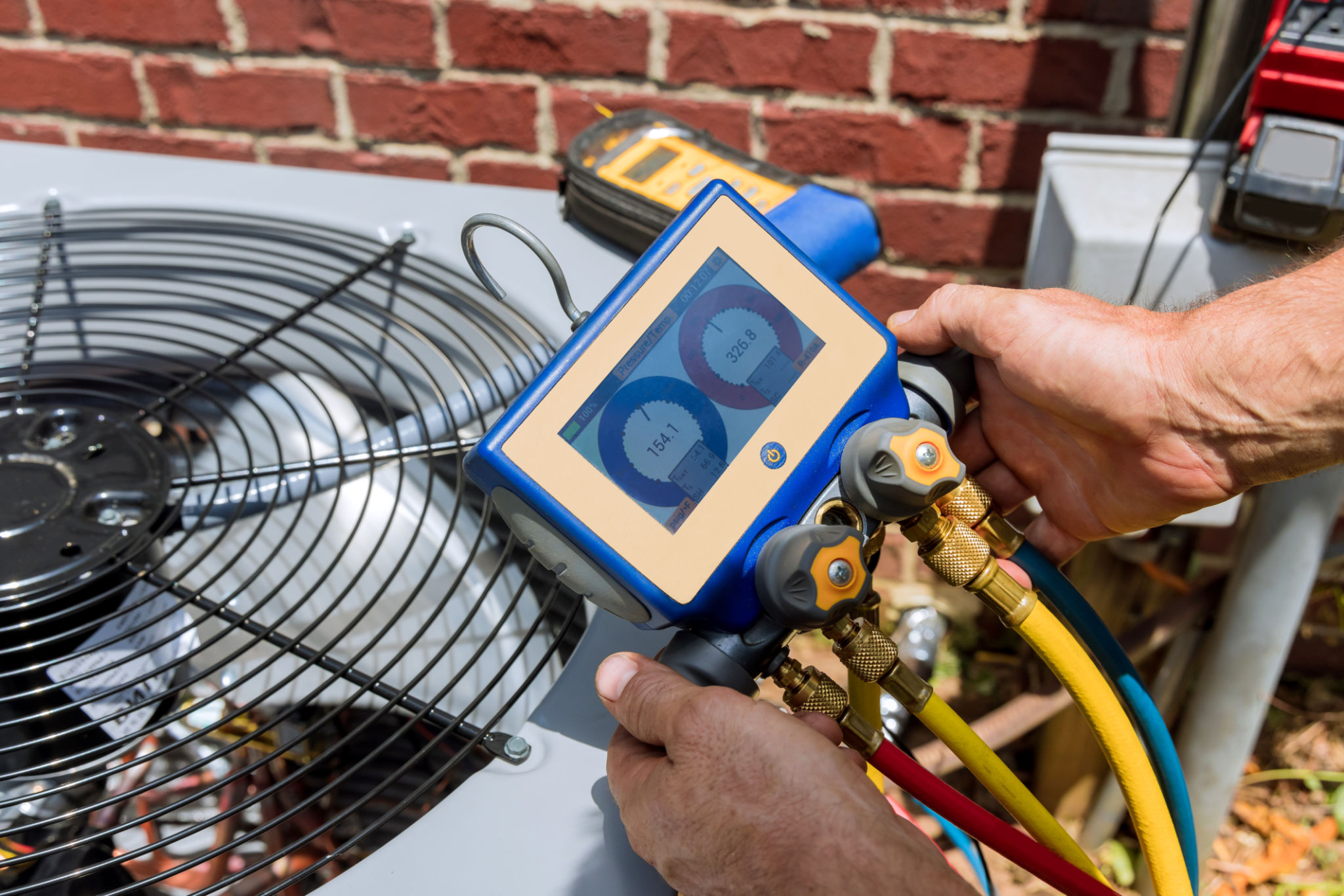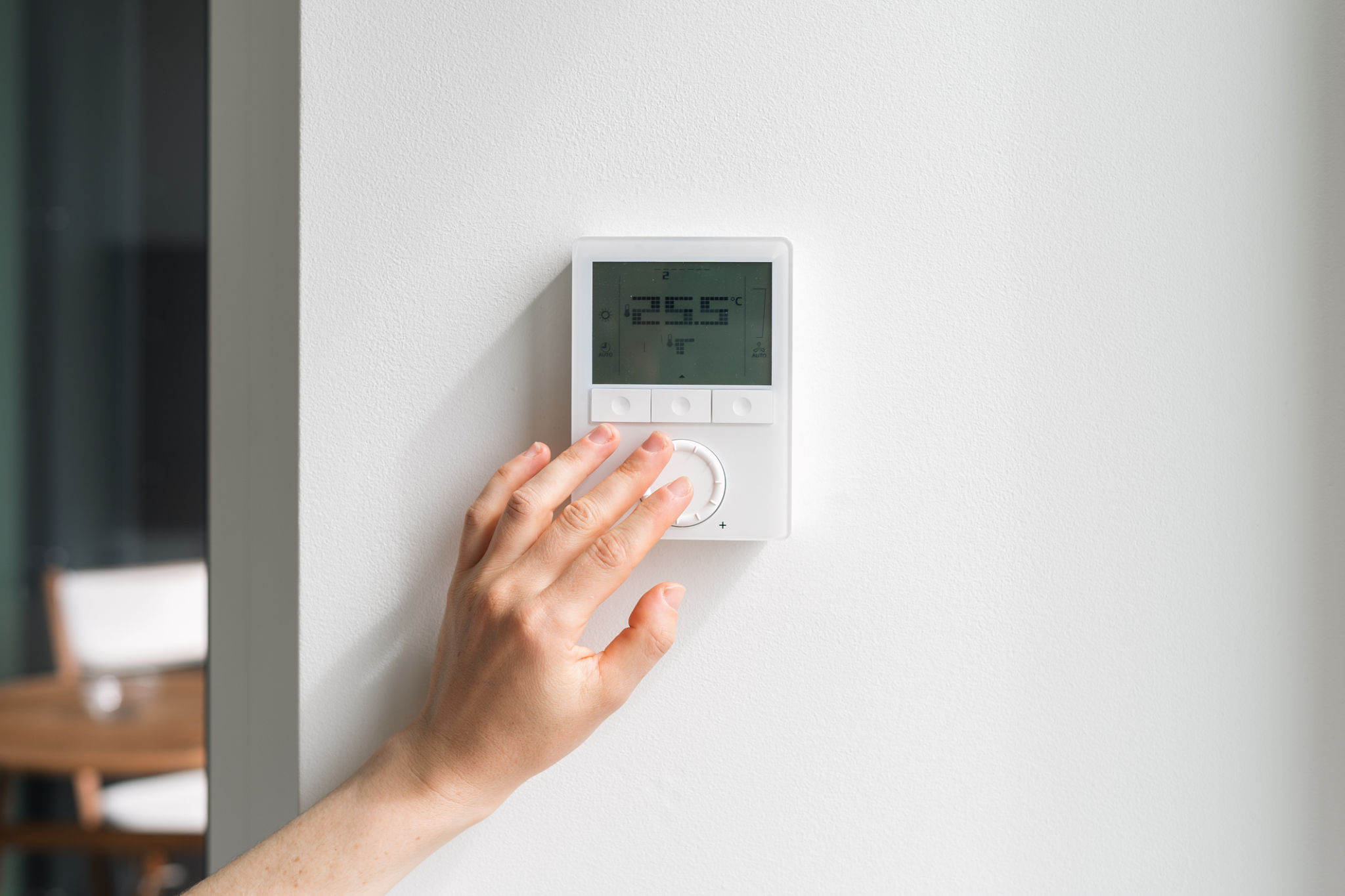Seasonal Energy Efficiency Tips for Melbourne Homes: Preparing for Summer
Understanding Energy Efficiency
As summer approaches, Melbourne homes can face a significant increase in energy consumption. This is often due to the increased use of air conditioning and other cooling methods. Understanding energy efficiency is crucial for managing costs and reducing your environmental footprint. By implementing a few strategic changes, you can ensure your home is prepared for the summer heat while keeping energy consumption in check.
Energy efficiency involves using less energy to perform the same task, thereby eliminating energy waste. It's not just about saving money on bills; it's about creating a more sustainable and environmentally friendly home. With the right approach, you can enjoy a comfortable summer without putting a strain on your finances or the planet.

Optimizing Cooling Systems
Your cooling system is likely one of the biggest contributors to energy consumption during summer. To ensure it operates efficiently, regular maintenance is essential. Start by cleaning or replacing air filters to allow the system to work at its optimal capacity. Dirty filters can restrict airflow, causing the system to work harder and consume more energy.
Consider upgrading to a more energy-efficient air conditioning unit if your current one is outdated. Modern systems often come with improved technology that reduces energy use while enhancing performance. Additionally, installing a programmable thermostat can help you manage cooling more effectively by allowing you to set temperatures based on your schedule.

Maximizing Natural Ventilation
One of the simplest ways to reduce reliance on air conditioning is to make the most of natural ventilation. Open windows during cooler parts of the day, such as early morning or late evening, to let in fresh air and create a cross-breeze. This can help lower indoor temperatures without using additional energy.
Ceiling fans are another cost-effective option for enhancing ventilation. They use significantly less electricity than air conditioners and can make a room feel cooler by several degrees. Remember to turn off fans when you leave a room, as they cool people, not spaces.

Insulation and Shading
Proper insulation is key to keeping your home cool in summer. Ensure that your roof, walls, and floors are well-insulated to prevent cool air from escaping. Reflective roof coatings can also help by reflecting sunlight away from your home, reducing heat absorption.
Shading your windows with blinds, curtains, or external awnings can block out direct sunlight and reduce indoor temperatures. Consider planting trees or installing pergolas around your home for additional shade, which can contribute significantly to lowering cooling costs.

Energy-Efficient Appliances
Switching to energy-efficient appliances can lead to substantial savings over time. Look for appliances with high Energy Star ratings, as these are designed to use less electricity while maintaining performance. Appliances such as refrigerators, dishwashers, and washing machines often have energy-saving modes that can be utilized during peak hours.
Additionally, be mindful of unplugging electronics when not in use, as they can draw power even when turned off. Smart power strips are an excellent investment to easily manage standby power usage.

Conclusion
By implementing these seasonal energy efficiency tips, Melbourne homeowners can enjoy a comfortable and cost-effective summer. Simple changes like optimizing your cooling system, maximizing natural ventilation, improving insulation, and upgrading appliances can make a significant difference in reducing energy consumption. Not only will these practices help lower your utility bills, but they will also contribute to a more sustainable environment for future generations.